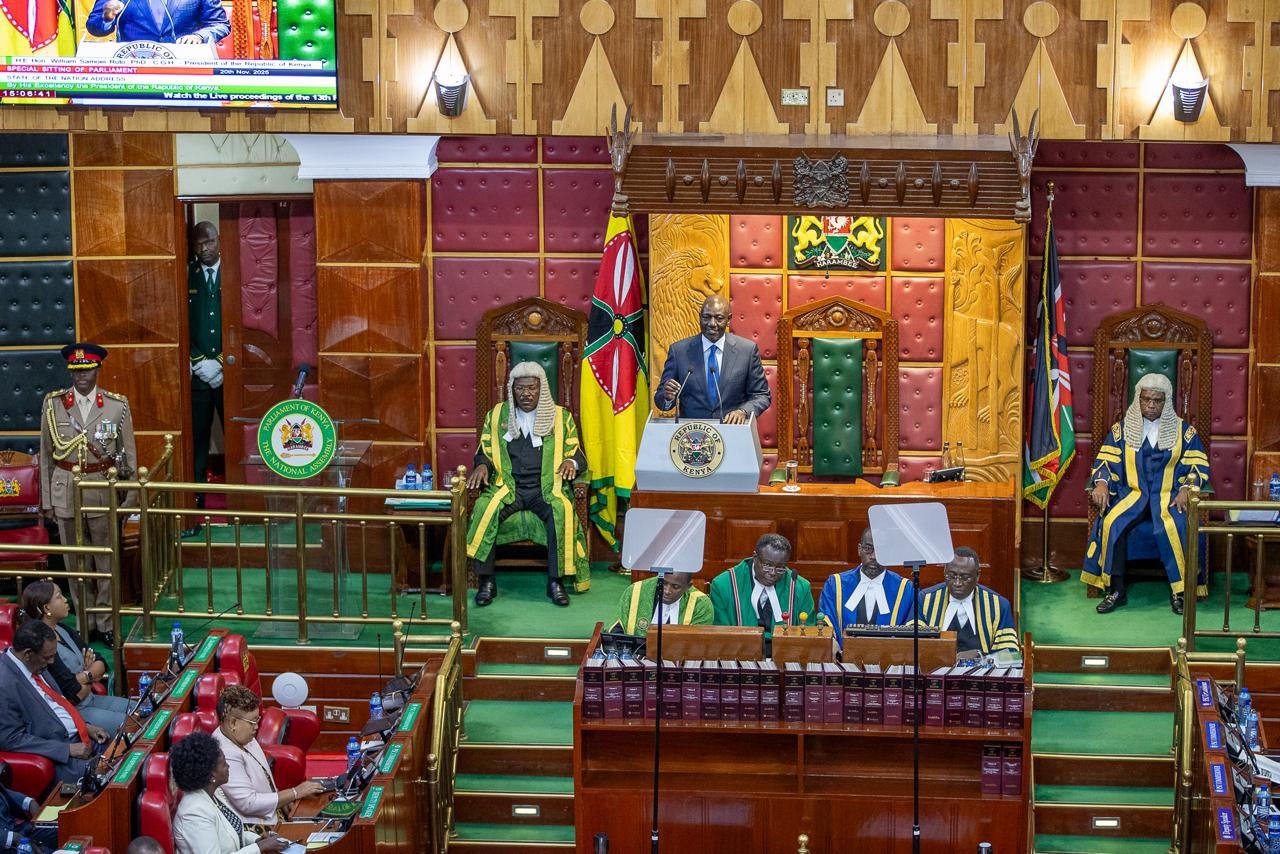President William Ruto while addressing several African heads of state and delegates announced that Kenya is considering the implementation of a Carbon tax.
He made the proposal at the presidential opening session at the Africa Climate Summit held at KICC, Nairobi.
“To unlock the resources that we need to drive this new investment and financial opportunities, especially for green energy, we believe it is time to have a conversation about carbon tax. I repeat, carbon tax,” he said
With this, Ruto received applause from delegates.
The president argued that the carbon tax can be used to unlock resources needed in order to drive new financial opportunities within the continent.
Carbon taxation can also help in the facilitation of the pathways of keeping the global temperature below 1.5 degrees Celsius.
What is a Carbon tax?
Carbon taxes are a policy option aimed at curbing carbon-based emissions which are a result of the burning of fossil fuels for example oil, coal, and natural gases. These are believed to be responsible for climate change.
The implementation of the Carbon tax gives the producers of carbon an option of either paying heavily for the emission or working toward completely reducing its emission, and in turn, making consumers invest in energy efficiency, shift to cleaner forms of energy, and also change their lifestyle.
Carbon taxes work by covering the external cost of emission, this is the damage caused to crops by diverse changing rainfall patterns, and health care costs as a result of heat drought and heat waves.
According to the United Nations report on Cabon taxation for developing countries, in order to introduce a feasible carbon tax, policymakers should consider not only how to achieve the best technical design, but also how to ensure public acceptability.
“Government interested in the implementation of carbon taxes must consider strategies to achieve immediate acceptability and permanent acceptance,” the handbook stated.
Further, the United Nations Secretary-General Antonio Guterres is on the record calling for leaders to shift the focus of the tax burden from income to carbon, and from taxpayers to polluters.
"Some of the actions that the countries can take is moving in the direction of putting a price on carbon, terminating fossil fuel subsidies, and fast-tracking renewable energy and green infrastructure projects," he said.
Countries that have implemented a carbon tax
In Africa, South Africa is the only country that has implemented the carbon tax.
Others are; Countries within the European Union, Argentina, Canada, Chile, China, Colombia, Denmark, Japan, Kazakhstan, and South Korea.
Mexico, New Zealand, Norway, Singapore, Sweden, the UK and Ukraine have also done so.














